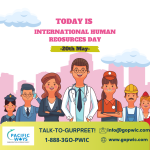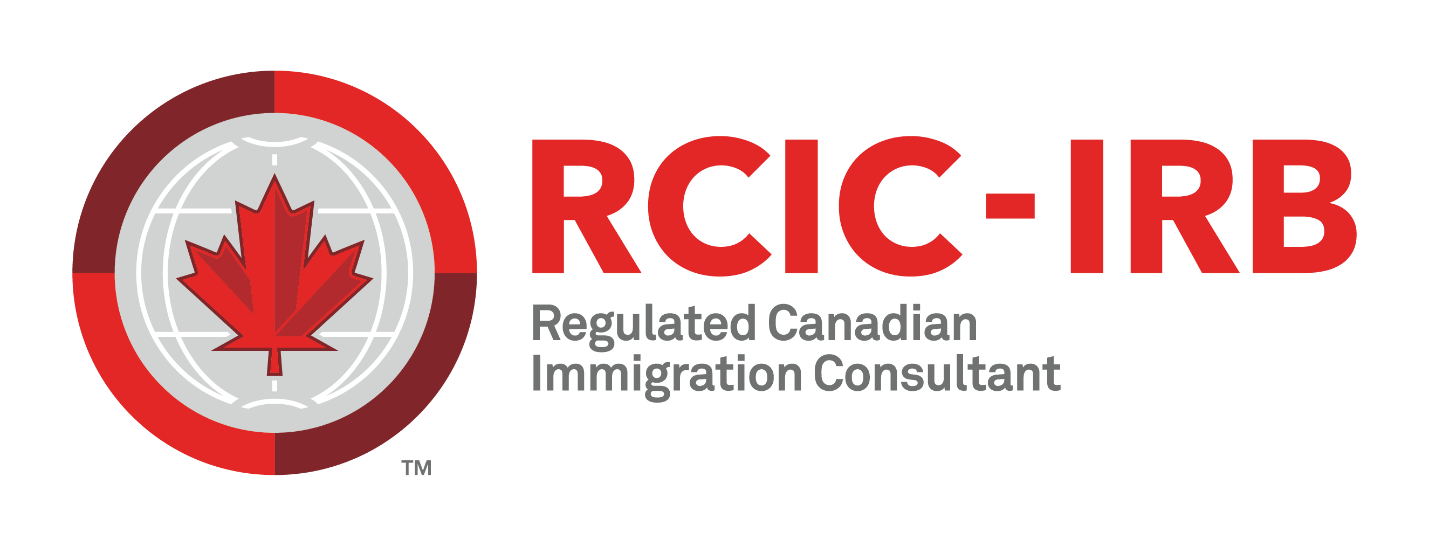The year was 2003. I had just finished my Bachelor’s degree in India and I sat and wondered what next?
I started exploring my options and I figured I was intrigued by human behavior and wanted to understand it more. I then decided to change my field from Business to Psychology. While I was certain I wanted to go study abroad, I wasn’t sure which country to choose. My top contenders were England, USA, and Canada.
I was able to eliminate England quickly because quality of education in both India and Britain is the same. I felt it would just be a change of place with little change in education gained. Next I landed on United States and as I contemplated if that would be my destination, I was just overwhelmed by the number of educational institutions there were and it was hard for me to pick where to go and what program to choose. I finally narrowed down on Canada and started exploring the programs offered at different institutions. I looked at schools in Toronto, Calgary, and finally picked Bachelor’s of Arts, Psychology, at Simon Fraser University in Burnaby, BC.
Here were some of the things that made me chose Canada:
- Diversity in student population: Canada is the first country in the world to embrace multiculturalism policy in 1971. Acculturation is the basic fabric with which this country is built and welcomes talent from all around the world to come and study here. Diversity on campuses is mandated by the schools as it increases student awareness, critical thinking, and leads to positive educational outcomes.
“I feel blessed to have found friends from across the globe while my time as a student. My interactions with my international friends helped shape my perspective and become more self- aware. So, education was not just learning books, but learning about life too.” -Gurpreet Oshan, BA, 2008
- High quality of education: Canadian Universities consistently rank high in the academic index of the world. University of Toronto ranks 23, University of British Columbia ranks 38, McGill University ranks 78, and McMaster University ranks 98 in the Academic rankings of the World Universities, 2020.
“When I started looking for opportunities, I first started with an intention to apply to US. But while preparing for GRE and finding out more, I met with one of the visiting professors. Before I was offered a place in Master’s degree in their lab, I was given some general guidelines. One of those were that for Master’s, you need to go to accredited universities. US has a lot of universities, but not all of them have the same educational standards. Particularly for Master’s, it may be easy to get into some schools that are not so good for your career in the future. Canada has fewer schools, but all universities fell in the rating of “good – amazing” as opposed to “bad – amazing” in the US. That was one of my main reasons to be interested in Canada.” – Dr. Manku Rana Dasaur, Ph.D. (2012)
- Quality of life: The Organization for Economic Co-operation and Development (OECD) rates countries on Better Life Index that looks at housing, jobs, education, civic engagement, life satisfaction, work-life balance, income, community, environment, health, and safety categories. Canada is ranked number 1 for higher education and, in general, ranks higher in most categories than most countries. Did you know – 91% of adults between the ages of 25 and 64 have completed upper secondary education and about 73% of people between the ages of 15 to 64 have a paid job (http://oecdbetterlifeindex.org/countries/canada/)
“I did not choose Canada, Canada chose me. I came as an exchange student at SFU for one term, I loved it so much that after going back home I applied for PhD at SFU, came back and then made this beautiful country my home. I feel very blessed.” -Dr. Harpreet Kaur, Ph.D. (2017)
- Collaborative Research and Development: Canada prides itself in being the frontrunner of innovation in research and the Canadian Universities and Colleges are the hothouses for state-of-the-art technology and talents. Small to mid-sized companies may lack the facilities to conduct research and development activities and many turn to the Canadian institutions to carry out research for practical and ready to implement solutions.
“Coming to Canada was a coincidence. My time at SFU during MS in the School of Kinesiology opened my eyes to the expertise, strength and quality of Canadian professors, institutions and students alike. Subsequently, my time in PhD at SFU school of engineering opened my doors to a lot of experiences to find my own research problem, experiment with solution ideas, conduct deep research and gain confidence. This was further supplemented by the strong national compute-infrastructure, intellectual support and cross discipline, cross institution collaboration available in plenty in Canada. Now working in US companies, I can look back at the strengths I gained during my foundational years in Canada with great pride. Canada is among the front runners in technology and science expertise, government support and availability of opportunities. It has the right balance of life, growth and depth of intellect and skill development.” – Dr. Amanmeet Garg, Ph.D. (2017)














